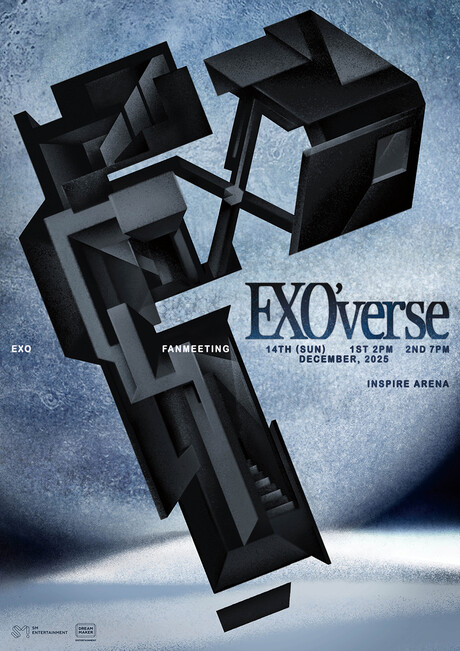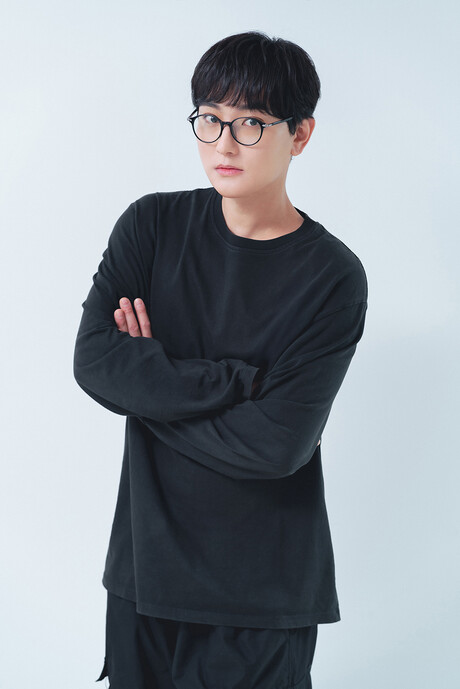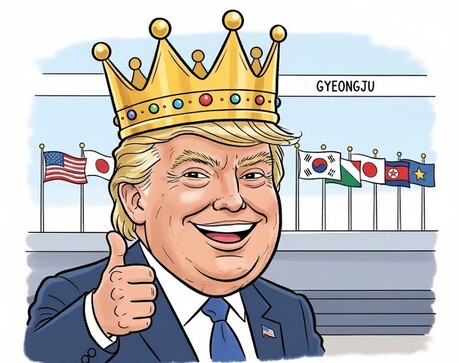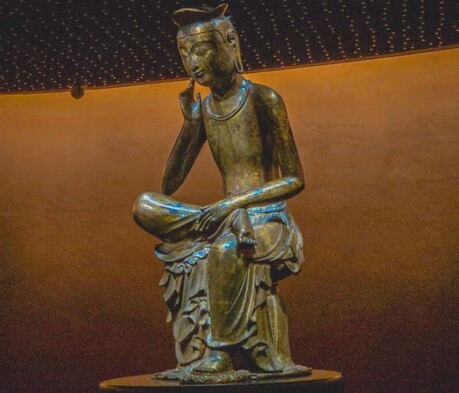The 33rd Daesan Literary Awards announced its winners during a press conference at Kyobo Tower in Seoul on Monday, with novelist Lee Ki-ho taking the top fiction honor for his deeply personal work "The Cheerful, Struggle-Free Life of Lee Sibong." The announcement marked a meaningful full-circle moment as several winners had previously received early career support from the same foundation. From left, poet Shin Hae-uk, novelist Lee Ki-ho, and playwright Joo Eun-gil posed together for photographs during the ceremony.
Lee Ki-ho's winning novel tells the compelling story of a young man named Lee Si-seup and his grieving family, whose lives become deeply intertwined with their beloved pet, a Bichon Frise named Sibong. Together, they embark on an unexpected journey filled with loss, guilt, and ultimately healing. The author revealed that the story drew heavily from his own real-life experiences as a first-time dog owner.
"About eight years ago, I started living with a dog for the first time," Lee explained during the press conference. "Being a dog owner is full of joy, but there are also times when you have to do things your pet doesn't like. I tried my best to care for him, but sometimes I felt he didn't love me back as much. Out of that bittersweet feeling, I thought, as a writer, the best way to show my sincere love would be to write a book about him. That's how the novel began, half playfully."
The victory held special significance for Lee, who had previously received the Daesan Creative Writing Funds in 2003 during a challenging period in his career. He described how that early support came at a crucial time when publishers showed little interest in his work. "In my fourth year after debut, I had no commissions and no publisher interested in my work," Lee recalled with emotion. "Winning that grant allowed me to pursue my literary career and even to get married with that money. To receive the Daesan Literary Award now, for my longest and most personal novel, feels like the greatest encouragement."
The foundation recognized three additional outstanding artists across different categories. Poet Shin Hae-uk received the poetry award for her remarkable collection "The Edge of Nature and Natural History." During her acceptance remarks, she reflected on the deeply personal nature of her creative process and her connection to the broader community. "When I start a poem, it often begins with something deeply personal – with pleasure, curiosity or obsession," she explained. "But as I write, I am reminded that I am part of a community, connected to the world. This award, I believe, is a signal for me to stay more deeply connected and responsible to that world."
Playwright and director Joo Eun-gil made history by becoming the youngest-ever Daesan winner at just 31 years old, earning recognition for "The Great Battle at the Sheep Ranch." Joo's journey to success had not been without its challenges, particularly in finding audiences for experimental theater work. "When I staged the play in a 50-seat theater, it was hard even to draw an audience. I often wondered if my effort meant anything," Joo shared candidly. "Receiving this award makes me think maybe it did."
In the translation category, Chi-Young Kim was honored for her exceptional English translation of Cheon Myeong-kwan's "Whale," a work that gained international recognition by being shortlisted for the prestigious International Booker Prize in 2024. Unable to attend the conference in person, Kim expressed her surprise and gratitude through a written acceptance statement. "The news came as a surprise," she wrote. "But it's no surprise that the prize went to Whale. Anyone who loves this novel knows how brilliantly it blends fable-like characters, vivid storytelling and social satire to reveal a new vision of Korean literature. My task was simply to re-pave the road Cheon had already built."
Kim's connection to the Daesan Foundation spans nearly two decades, representing another full-circle success story. She recalled receiving her first Daesan grant in 2005 for translating Lee Dong-ha's "Toy City," which marked the beginning of her distinguished career in literary translation. "That early grant made it possible to publish Korean literature in the US, at a time when few American readers even knew it existed," Kim reflected. "It not only helped shape my career but also laid a foundation for the global reach of Korean writing."
Established in 1993, the Daesan Literary Awards have become one of South Korea's most prestigious literary honors, recognizing outstanding achievements in poetry, fiction, and translation annually. The drama and literary criticism categories are awarded on a biennial basis, ensuring comprehensive coverage of the literary arts. The foundation's dual approach of providing early-career grants alongside established awards creates a supportive ecosystem for writers at all stages of their careers.
The official award ceremony is scheduled to take place on December 5 at the President Hotel in central Seoul. Each winner will receive 50 million won in prize money, providing substantial financial support for their continued artistic endeavors. Additionally, the three Korean-language winners' works will be considered for translation and overseas publication, potentially expanding their reach to international audiences and contributing to the growing global interest in Korean literature.






























